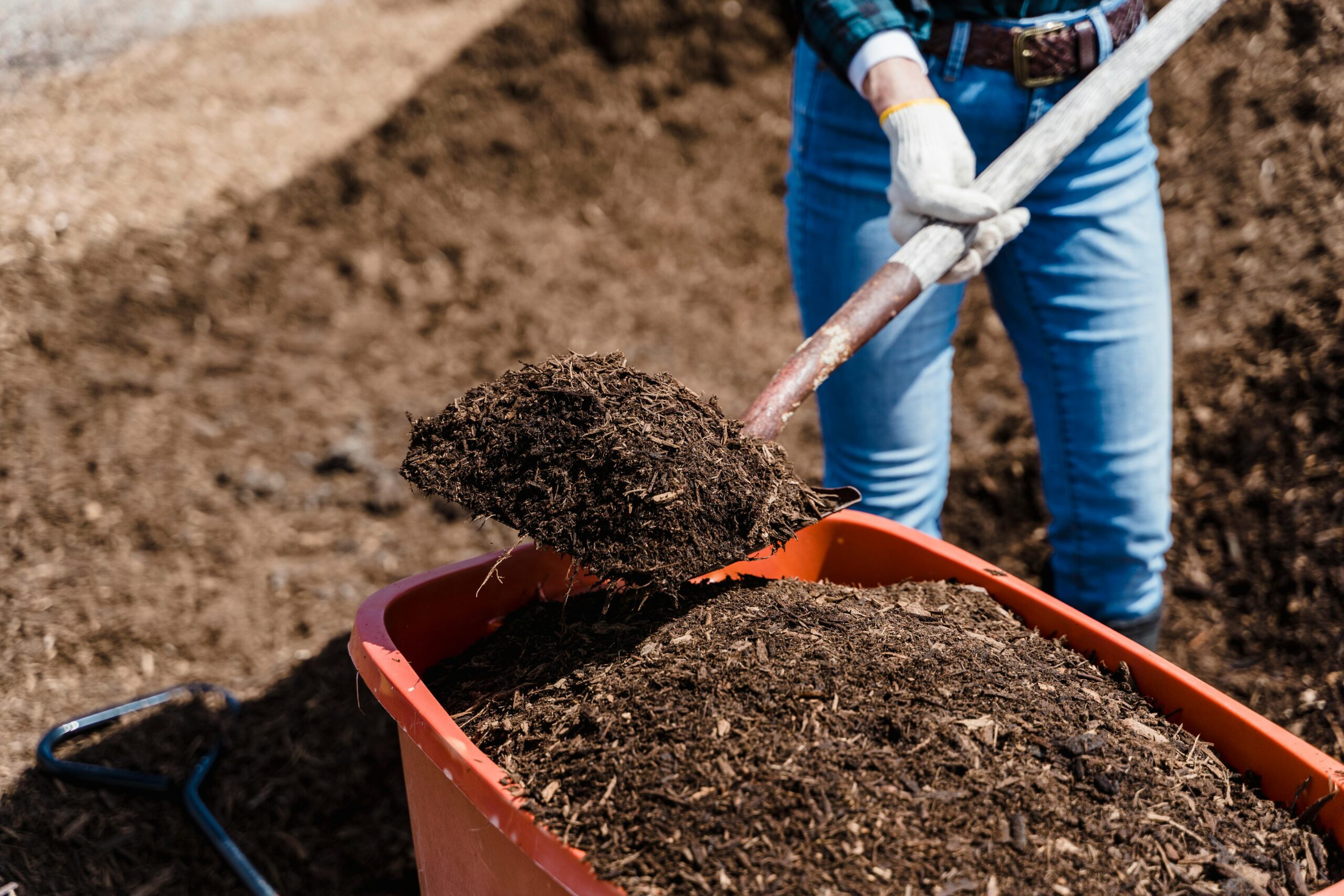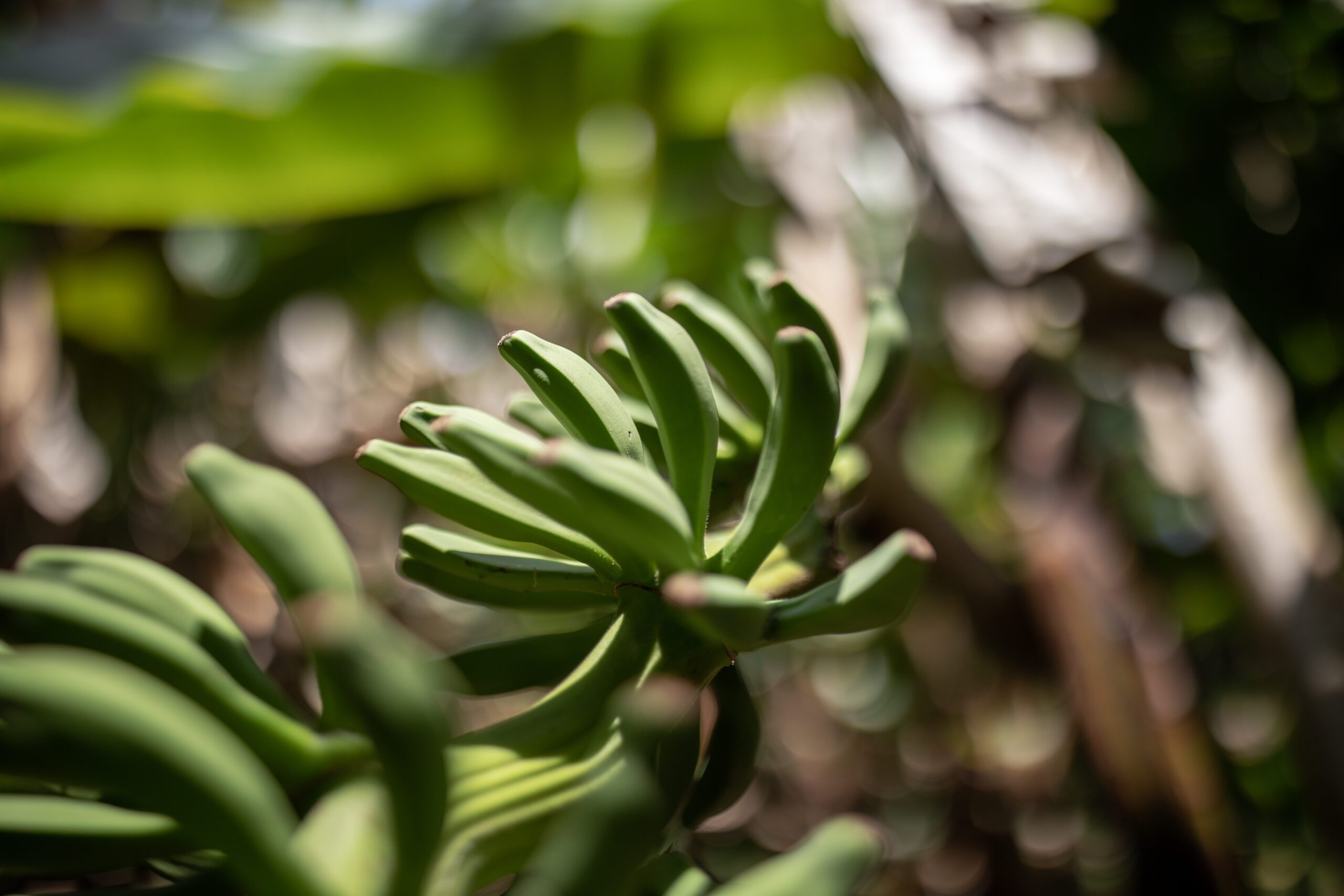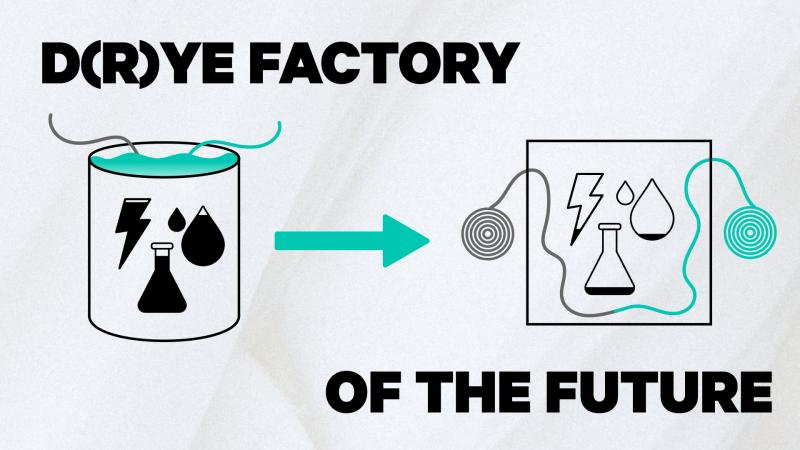In Conversation with Spinnova: From Wood Pulp and Waste to a Natural Fibre Alternative Without Harmful Chemicals or Dissolving
Image by Spinnova
13 September 2024
Can you tell us about Spinnova how it started, and what the organisation does?
What problem is your innovation solving and how does the technology work?
Spinnova offers the textile industry a solution for reducing emissions and other environmental impacts by providing an alternative to conventional water and chemical-intensive fibres. The majority of the textile industry’s emissions are created in the material production and processing phase. The Spinnova technology creates no side streams in the fibre production process, and the SPINNOVA® fibre has minimal CO2 emissions and water use, as well as being biodegradable and recyclable. The Spinnova technology uses a mechanical process which gives the fibre the look and feel of a natural cellulosic fibre such as cotton. Therefore, it works particularly well in cotton product applications.
Can you explain how Spinnova’s technology works?
Spinnova’s technology can make textile fibre out of wood pulp or waste, such as leather, textile or agricultural cropping waste. In the process, the raw material pulp is mechanically refined into micro-fibrillated cellulose (MFC). The MFC is then turned into a suspension, pushed through small nozzles with high speed and dried into a textile fibre. The process uses limited water and is done without harmful dissolving chemicals. The mechanical nature of the technology sets it apart from the production process of man-made cellulosic fibres. SPINNOVA® fibre can then be processed into yarn and fabrics in a similar way as conventional cotton.
What have been the biggest successes so far?
Our biggest success so far has been building the first industrial demo factory for wood-based SPINNOVA® fibre, which was opened in 2023. The factory is operated by our 50/50 owned joint venture, Woodspin, which we have together with the world’s largest pulp company, Suzano. The Woodspin factory is used to optimize the technology and the fibre for future industrial plants. Other successes include working with global apparel companies such as Bestseller, adidas, H&M and Marimekko, which have launched commercial products with SPINNOVA® fibre. Finally, the Letter of Intent signed with Suzano in March 2024 regarding planning a potential wood- based SPINNOVA® fibre factory with an initial annual capacity of 20 thousand tonnes of fibre was a major milestone for Spinnova.
What role does collaboration play in bringing innovations to scale?
Collaborating with strategic partners and textile industry players has been crucial for Spinnova from the beginning. We’ve had strategic cooperation with Suzano, which is also Spinnova’s largest owner, for several years. In addition, we have partnered with Ecco and have a 50/50 joint venture called Respin with them. Respin focuses on the development and commercialisation of leather-based SPINNOVA®fibre. Our delivery partner, Valmet, is involved in the development of the technology. We’ve partnered with numerous companies in the textile value chain to test our fibre and with brands who have launched actual commercial products to the market.
How has Fashion for Good played a role in your journey so far?
Spinnova has been a member of Fashion for Good since 2019. Fashion for Good has helped us become part of the fashion ecosystem and connected us to other players, that have been important in our progress.
What’s next for you?
We continue to develop our technology to make it more cost-competitive and to further improve the SPINNOVA®fibre. We look forward to meeting fibre and technology-related requirements set for moving into the pre-engineering phase of the next wood-based factory, which Suzano is planning to build. We have also signed a Letter of Intent with our JV partner Ecco regarding the plans for Respin’s production scaling. We expect Ecco to launch a product with leather-based fibre in early 2025. We also aim to strengthen cooperation with the textile industry and apparel brands to move from capsule collection launches to larger volumes once we have the next industrial-scale factory operating.
Other Articles

The Home Compostable Polybag Project

In Conversation with Bananatex: From Bananas to Backpacks

